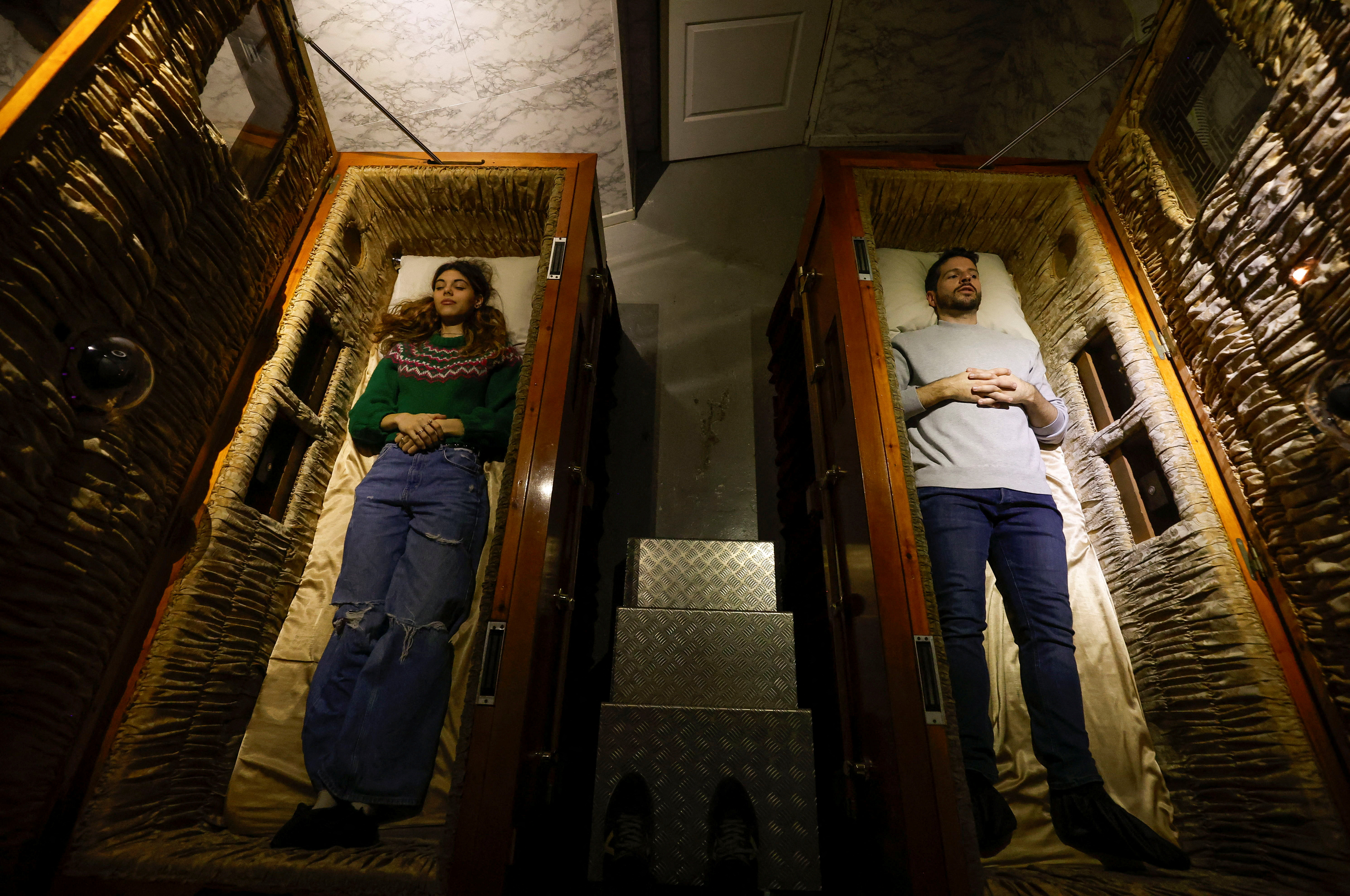Team Activities at Minneapolis Escape Room-- Perfect for Pals and Family
Team Activities at Minneapolis Escape Room-- Perfect for Pals and Family
Blog Article
Team Approaches: Exactly How to Work together Efficiently in an Escape Space
Navigating the intricacies of an escape area requires even more than plain excitement; it needs a well-coordinated strategy based in clear communication, strategic duty jobs, and experienced time management. Teams must actively listen per member's insights, appoint roles that straighten with specific toughness, and maintain routine check-ins to make sure emphasis and protect against redundancy. By fostering an environment that values cohesion and versatility, groups can dramatically enhance their effectiveness and success rates. The nuances of these methods can transform the experience, however how exactly can they be carried out to take full advantage of the capacity for success?
Establish Clear Communication

To promote clear interaction, it is vital to assign a main point of call for info dissemination. Short, concentrated updates from each group member can keep the group notified without frustrating them with details.

Assign Duties Strategically
While clear interaction sets the foundation for efficient teamwork, assigning functions purposefully ensures that each staff member's staminas are made use of properly. In a getaway area circumstance, the time-sensitive and complicated nature of difficulties demands an efficient technique to job delegation. By recognizing and leveraging specific competencies, groups can enhance their problem-solving abilities and improve total performance.
First, assess the unique skills and characteristics of each participant. For example, somebody with an eager eye for detail may master discovering concealed items, while a rational thinker can be better suited to solving puzzles - best escape room. It's similarly crucial to have a leader that can supervise progress, take care of the timeline, and make definitive calls when essential. This duty typically needs solid organizational and social skills.
Second, ensure that functions are versatile and adaptable. As new challenges emerge, the team should have the ability to pivot, reapportioning jobs as called for. This adaptability helps keep momentum and protects against traffic jams that might occur due to rigid role jobs.
Eventually, a strategic strategy to role project not only maximizes the toughness of each group participant but informative post likewise fosters a natural setting, driving the team in the direction of a successful escape.
Utilize Diverse Abilities
Acknowledging and taking advantage of the varied skills within your team can significantly boost your efficiency in an escape area. Each group participant brings distinct toughness to the table, and successfully leveraging these capabilities can speed up analytical and enhance overall efficiency. As an example, a group participant with strong logical abilities might succeed at understanding complex codes or patterns, while another with eager observational abilities may promptly find covert hints that could overlook.
Urge group members to articulate their insights and concepts quickly, making certain that all prospective services are considered. Furthermore, assigning jobs that line up with each participant's strengths can avoid bottlenecks and guarantee that progression is constant.
Additionally, diversity in abilities frequently translates to diversity in assuming styles, which is indispensable in a getaway room setup. While some difficulties may need rational reasoning and accuracy, others could gain from imaginative and lateral reasoning. By identifying and leveraging this variety, teams can resolve a broader series of difficulties a lot more efficiently, thus enhancing their possibilities of a successful retreat.
Manage Time Effectively

Identify visible problems and split tasks based on team members' toughness, making certain that nobody is still. This technique can help keep the team concentrated and protect against time from sliding away unnoticed.
In addition, prevent one-track mind. If a challenge is taking as well long, turn staff member or proceed to an additional difficulty, returning later on with fresh perspectives. Interaction is paramount-- keep everyone updated on addressed puzzles and continuing to be jobs to avoid redundant efforts.
Finally, use any type of hints or clues sparingly but strategically - best escape room. Understanding when to request for help can save useful time. By sticking to these time monitoring principles, teams can considerably boost their opportunities of a successful and pleasurable getaway space experience
Debrief and Mirror
Reflection is a vital facet of group development and improvement in the context of getaway spaces. As soon as the obstacle is finished, whether effectively or otherwise, it is crucial for the group to engage in an organized debriefing session. This process allows group participants to get redirected here examine their performance, recognize strengths, and pinpoint locations for improvement.
Begin the debrief by reviewing what went well. Highlight certain circumstances of efficient interaction, analytic, and partnership. Identifying these favorable habits strengthens them and urges their repeating in future challenges.
Go over moments of confusion, miscommunication, or ineffective strategies. Urge an open and constructive discussion where group participants can share their viewpoints without worry of objection.
Conclusion
To conclude, effective cooperation in a retreat space is asserted upon clear communication, critical duty tasks, the efficient usage of diverse skills, and skilled time management. Normal check-ins and structured debriefings are vital for preserving focus and cultivating continual renovation. By developing a natural and adaptive team setting, the possibility of efficiently addressing challenges and attaining the objective of leaving the area is considerably improved. This approach not only makes certain success yet likewise promotes collective growth and learning.
Report this page